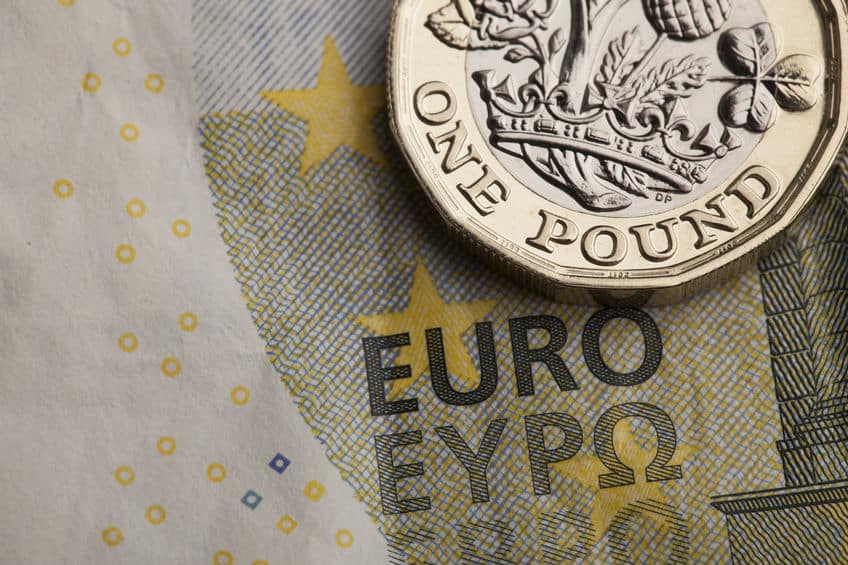Tariff Tensions Rock Global Markets: Currencies in Turmoil

Country Interest Rates and Inflation:
• Eurozone: Interest Rate – 2.65%, Inflation – 2.2%
• UK: Interest Rate – 4.5%, Inflation – 2.8%
• US: Interest Rate – 4.5%, Inflation – 2.8%
Market Overview:
Global financial markets have seen considerable turbulence recently, largely driven by the U.S. administration’s new slate of tariffs. These measures have sent shockwaves through equity markets around the world, raising concerns about slowing economic growth and mounting inflation pressures.
GBP:
• Friday – Gross Domestic Product (MoM):
The UK’s GDP is forecast to edge up by 0.1% after a previous decline of 0.1%. As a vital measure of overall economic activity, this indicator is closely watched. An improvement in GDP figures could lend support to the pound, while a decline might put downward pressure on it.
EUR:
• Monday – Retail Sales (YoY):
In February, retail sales in the Eurozone increased by 2.3% on a year-over-year basis, outperforming expectations of a 1.8% rise. This marks the first period of growth in five months and suggests a potential boost in consumer spending across the region.
USD:
• Thursday – Consumer Price Index (YoY):
The U.S. Consumer Price Index, a primary measure of inflation, is projected to ease slightly to 2.6% from 2.8%. This anticipated moderation in inflation may influence the Federal Reserve’s policy decisions and could impact the dollar’s performance.
• Friday – Producer Price Index (YoY):
Meanwhile, the Producer Price Index, which tracks changes in the selling prices received by domestic producers, is expected to climb marginally from 3.2% to 3.3%. This minor uptick could be an early sign of increasing input costs, with potential downstream effects on consumer prices.
Impact of U.S. Tariffs:
The broad-based tariffs recently introduced by the U.S. have injected a high level of uncertainty into global markets. Major stock indices, including the S&P 500 and Dow Jones, have taken significant hits as investors worry that these tariffs could slow economic growth and drive inflation higher. Prominent financial figures, including JPMorgan Chase CEO Jamie Dimon, have expressed concerns that these measures might undermine growth prospects and fuel inflationary trends unless trade uncertainties are quickly resolved.
Investor Sentiment:
Amid escalating trade tensions, there has been a noticeable shift in investor behaviour. Many are now turning to traditional safe-haven currencies, such as the Japanese yen and Swiss franc, reflecting a growing unease about the broader economic landscape and the impact of ongoing trade disputes.
Conclusion:
The coming week will be critical as key economic indicators are released, providing fresh insights into the health of the major global economies. With the current backdrop of heightened trade tensions, market participants are advised to monitor these developments closely as they navigate through these uncertain times.
If you have upcoming currency requirements and would like expert guidance on navigating the markets, don’t hesitate to contact one of our consultants at 020 3876 5432.